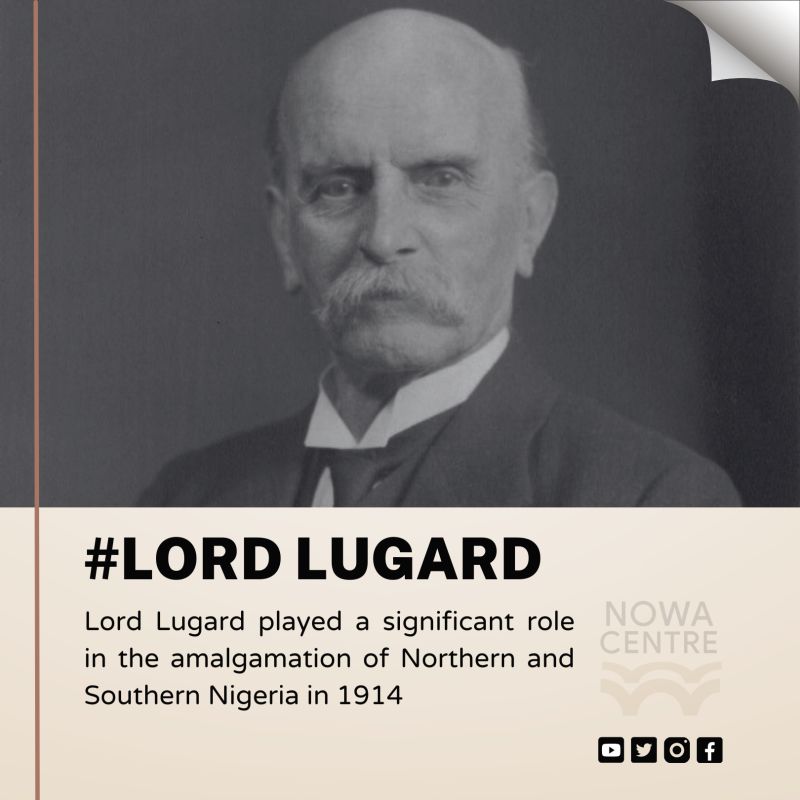Lord Frederick Lugard was a British colonial administrator who served as the Governor-General of Nigeria. Born on January 22, 1858, Lugard had a profound influence on the political landscape of colonial Africa. His work in Nigeria left an indelible mark on the nation’s history.
Before 1914, Nigeria was divided into two separate protectorates: the Northern and Southern Protectorates, along with the Lagos Colony. These regions were administered independently by the British, with the Northern Protectorate, concored not so long before the amalgamation as compared to the other protectorates which were under the British for decades already.
On January 1, 1914, Lord Lugard officially amalgamated the Northern and Southern Protectorates, along with the Lagos Colony, to form the Colony and Protectorate of Nigeria. He became the first Governor-General of the unified Nigeria, overseeing the new administrative framework.
The amalgamation laid the foundation for modern Nigeria, creating a single political entity that paved the way for future development and eventual independence. However, it also brought together diverse ethnic groups with different cultures, languages, and religions under one administration, which has had lasting implications for Nigeria’s socio-political dynamics. The forced union of diverse groups without considering their distinct identities and interests has been cited as a source of many of Nigeria’s post-independence challenges.
Lord Lugard’s influence extended beyond the amalgamation. His policies and administrative practices shaped the early colonial governance structure in Nigeria. Despite the reasons, his role in the formation of Nigeria is a significant chapter in the nation’s history.
Join us in exploring the rich history of Nigeria and the figures who played key roles in its formation.

